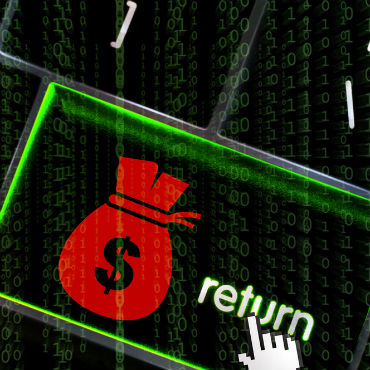HHS issues ransomware guidance
The Department of Health and Human Services released new guidance on how health privacy law should guide responses to ransomware attacks.

Hospital systems, medical practices and others that deal with sensitive health information are required to protect that information under health privacy law. Typically in the event of a cyber breach, health providers are required to notify patients that their information has been potentially compromised. But ransomware attacks are different from other kinds of breaches, and the notification rules have not been clear.
The Office of Civil Rights at the Department of Health and Human Services is attempting to clarify things with long-anticipated guidance released July 11.
HHS is telling providers that under the Health Insurance Portability and Accountability Act, responses to ransomware attacks should include processes to detect and contain the impact of a ransomware attack, to recover lost data, revive operations and conduct post-incident analysis to determine whether any of the regulatory triggers to report to patients have been tripped.
Unless providers can demonstrate that there is "a low probability" that protected health information has been compromised, they must comply with HIPAA requirements to notify affected individual and the HHS secretary "without unreasonable delay." In instances of breaches affecting more than 500 individuals, the media must be notified as well.
To demonstrate a low probability of compromise, a provider can identify and mitigate the damage from the attack, by showing a "robust" disaster recovery plan that includes frequent data backups, and by showing that data has not been stolen from the victimized system.
The guidance also suggests that best way to protect data on such systems is to keep it encrypted in transit and at rest. The "unsecured protected health information" guidelines under HIPAA do not apply to encrypted data.
In advance of the guidance, two Capitol Hill IT leaders, Rep. Will Hurd (R-Texas) and Rep. Ted Lieu (D-Calif.), urged HHS leaders to think of ransomware as different from other types of cyberattacks.
Hurd and Lieu told Deven McGraw, deputy director for health information privacy at HHS, in a June letter that ransomware isn't typically a threat to data privacy, and urged notification if a ransomware attack results in denial of access to an electronic medical record or a loss of functionality to deliver medical services.
NEXT STORY: DHS pushes for more cyber experts in the field





